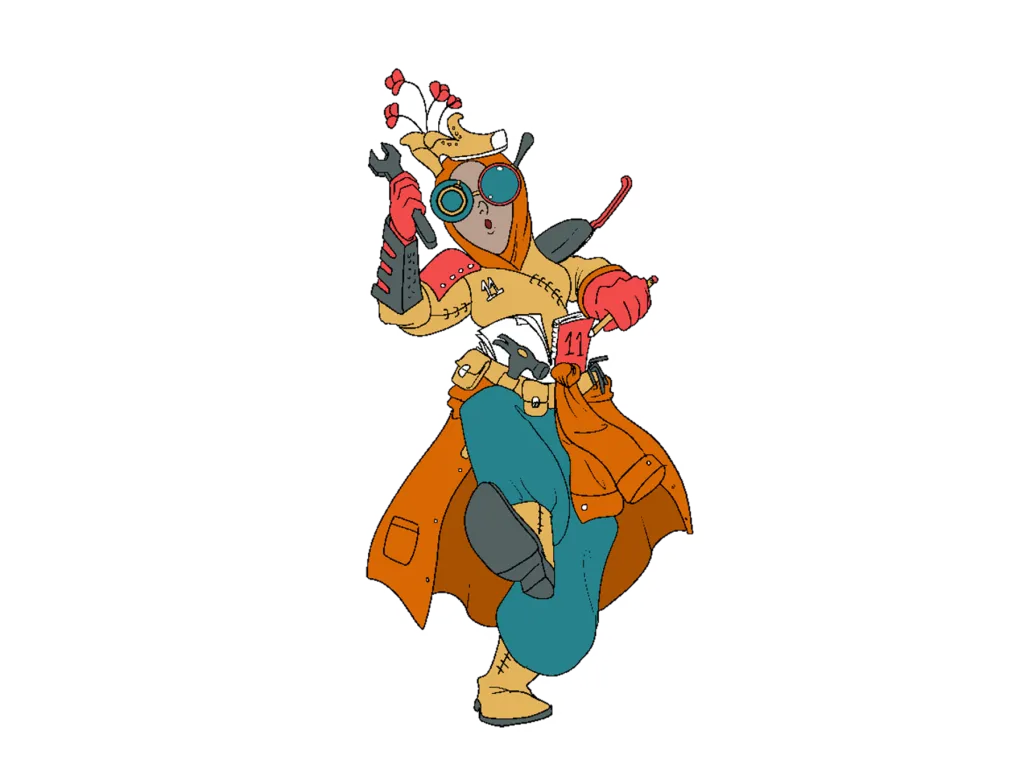11. Principle
Innovation in a culture of trial and error
More space for ideas

Errors pave the way to real knowledge and real innovation - Albert Einstein already experienced this on his thorny path to the theory of relativity. If error is not allowed, if failure is forbidden, then knowledge does not come, and innovation does not take place.
Ideas need space to emerge. When walls come at you, there’s only room for one thought: How can I escape the confines?
Innovativeness needs a breeding ground to flourish. Sure, novels have been written in prisons. But who seriously believes that in a company that resembles a prison because it imprisons employees, good ideas are born and the children are called innovations?
That is nonsense! Nonsense that leads to increasing bankruptcies in an age of excessive complexity.
Then nonsense #2: Something should be new, but nothing about it should be wrong.
Whoever has contributed a mistake will be punished. In the agile world, word has now spread about how valuable it is to make the biggest mistakes as quickly as possible so that the mistakes that are no longer quite so big can be corrected all the more quickly in their wake.
The result of this mindset is called error culture. We learn most from mistakes. When we accept this, continuous learning emerges. We need continuous learning for continuous improvement in times of rapidly increasing complexity. Error culture is the prerequisite for innovation and a booster for competitiveness.